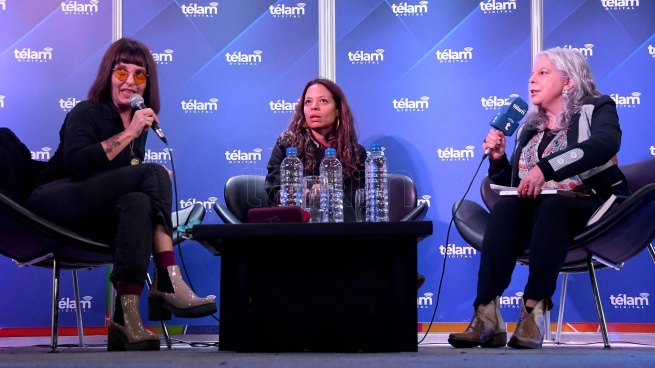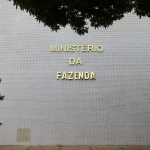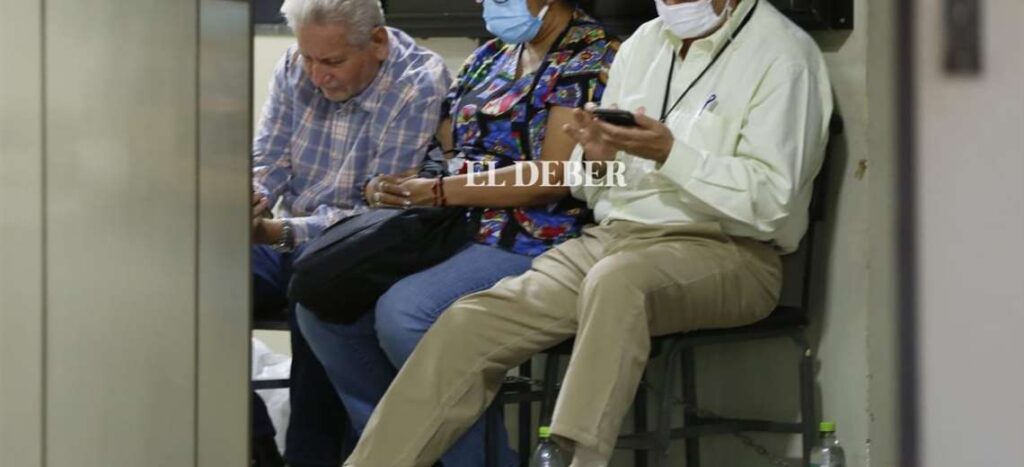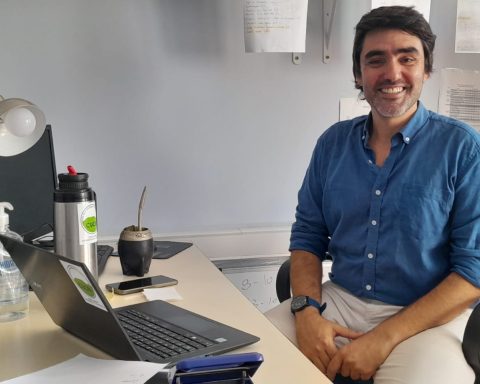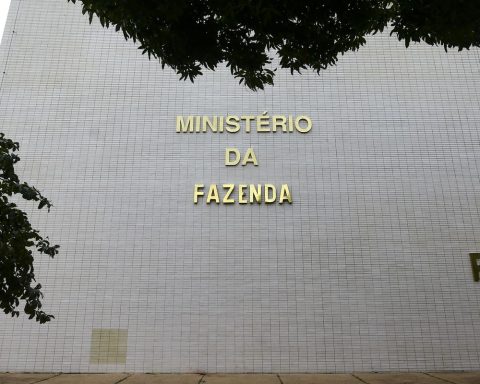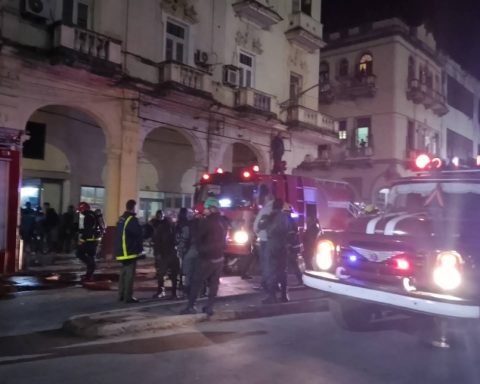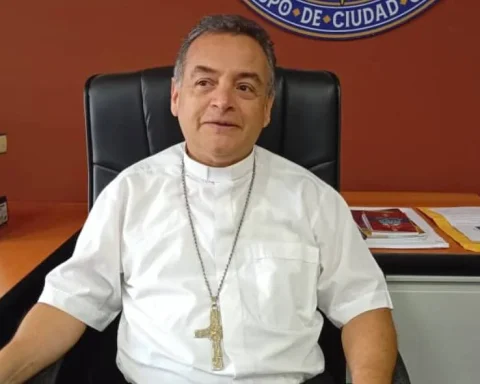The literary approach to the problem of abuse and gender violence was the thematic axis in a dialogue that fiction as a device to tell abuse without a romanticized look or alien to expose that violence.
The event took place within the framework of the cycle “Télam in the Book Fair” that took place in the Rural property of Palermo, where the writers Claudia Aboaf and Luciana de Mello participated with the moderation of the editor of Gender and Diversities of the Agency Telam, Silvina Molina.
Under the title “Literature as a space for denunciation and reparation” the talk was followed by numerous visitors to the fair who gathered at the Télam pavilion at 6 pm to participate in the activity.
“What allows literature, fiction to illuminate these problems? How did feminisms intervene, the visibility of gender violence, in these narratives? Or, can literature show pain, narrate the unforgivable?” were some of the triggers put into play during the match.
the authors
Claudia Aboaf is an astrologer and investigates the relationship of the stars with artists and writers, such as Xul Solar or Borges. She wrote the novels “Half a degree of freedom” (2003), “Pichonas” (2014), “El Rey del Agua” (Alfaguara, 2016) and “El ojo y la flor” (2019).
In addition, she is one of the promoters of the group of Argentine writers for the right to decide and is a member of the Union of Writers and Writers, which has been growing for some time and intends to expand rights for authors.
In “El ojo y la flor”, Aboaf closes the trilogy that began in “Pichonas” tracing the pilgrimage that leads the sisters Juana and Andrea to their reunion after many years of estrangement and continues with “El rey del agua”, the background of a dystopian scenario of extreme capitalism where it adds segregation and forced migration.

Aboaf considered that “literature is not destined to denounce” a case of violence or abuse since “violence is part of our writing landscape and that includes childhood abuse, although it is not the central theme.”
“I seek to make visible and build a sensitive bridge with the reader in the things that move, the complaint is from the judicial field, but in the field of reading you can enter more complex and difficult areas, I take advantage of that bridge to address issues that are a everything and for those who can choose the crudeness”, he detailed.
“I myself got into the trouble of finding a language to reach the reader with horror and crudeness in a process that was very painful,” said Aboaf in relation to the instance in which he decided to narrate that abuse, already raised in the framework of a trilogy

“If women and diversities are taking to the streets now abuse becomes a topic, in talks, in meetings, in what is called sorority and that caused women to start talking; the material is available for the you want to hear, there’s nothing exceptional, it’s all common that shouldn’t be,” Aboaf added.
Luciana De Mello studied Literature at the University of Buenos Aires and attended Guillermo Saccomanno’s narrative workshop, teaches the fiction workshop at the CUD-UBA (Devoto Prison University Center), has collaborated in the magazine Lamujerdemivida and in the newspaper Tiempo Argentino, and since 2007 he writes for Radar and Radar Libros de Página /12.
In his first novel “Mandinga de amor”, De Mello presents the complexity of the characters, the relationship between an adult and a girl; a pedophile uncle in a relationship with an unprotected niece of his parents.
De Mello said that addressing abuse and violence does not emerge as a main idea in his literary work, nor is it “the central theme of the novel.”

“It arises from telling a family story crossed by a historical context; literature generates a crossroads with its time in which its geographies appear and violence appears alone when one speaks of the 70s, the abuse of the state and the abuse intrafamilial, is part of the narrator’s question about what the limits of love are,” the writer specified.
“What I wanted to dismantle was the idea of a rapist monster that comes from the stratosphere but that they were people from the most intimate sphere,” added the author.
This meeting closed an agenda of nine dialogues organized by the Télam agency in the 46th edition of the Book Fair.
Among other topics, throughout the cycle, the Malvinas cause, the new digital formats, graphic humor, soccer culture, police stories, the role of the media during the last civic-military dictatorship, and animation as mechanism to account for reality.
-
Attention, containment and advice in situations of gender violence
- By free call 24 hours Line 144
- By WhatsApp +5491127716463
- By mail to [email protected]
- Downloading the apps
